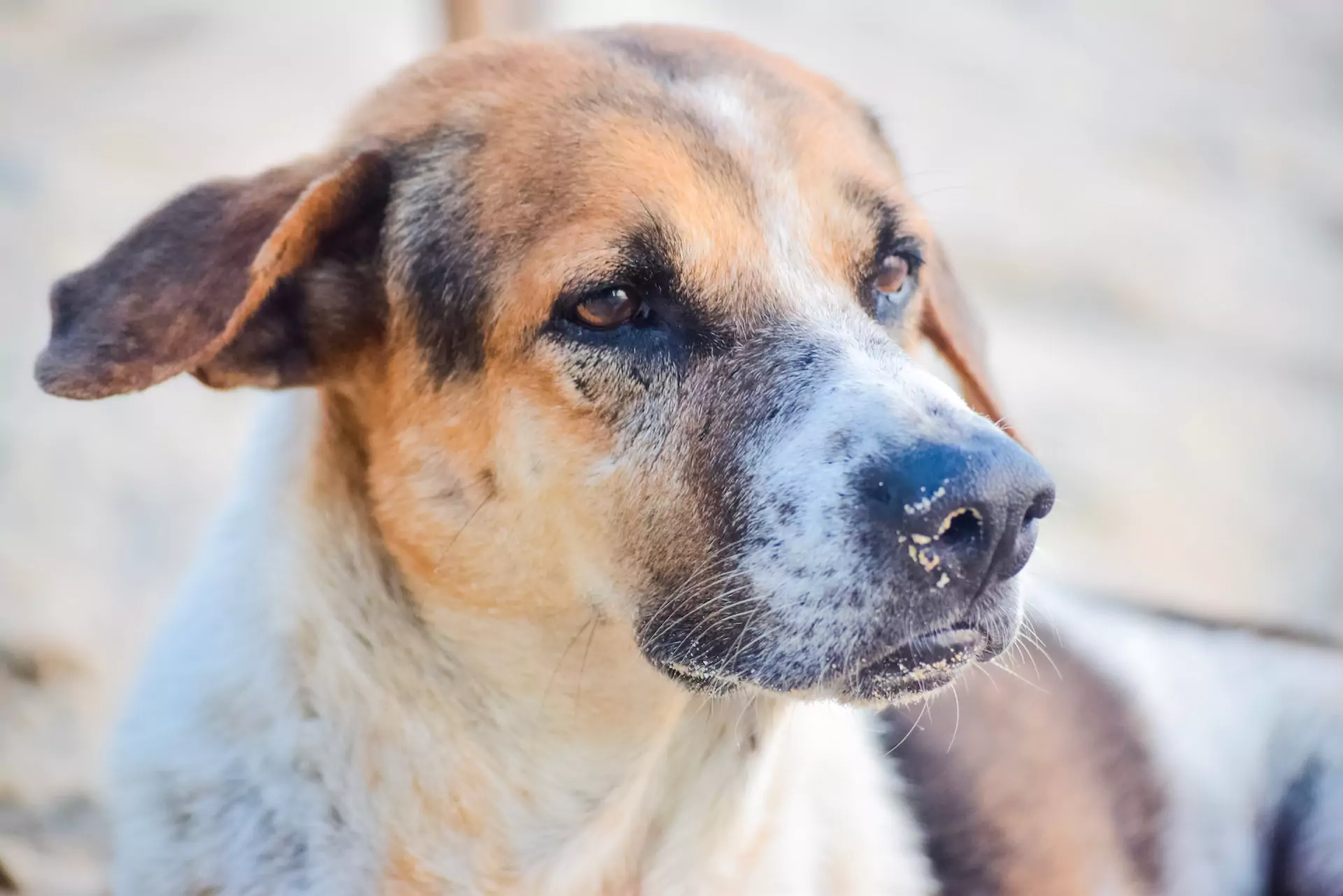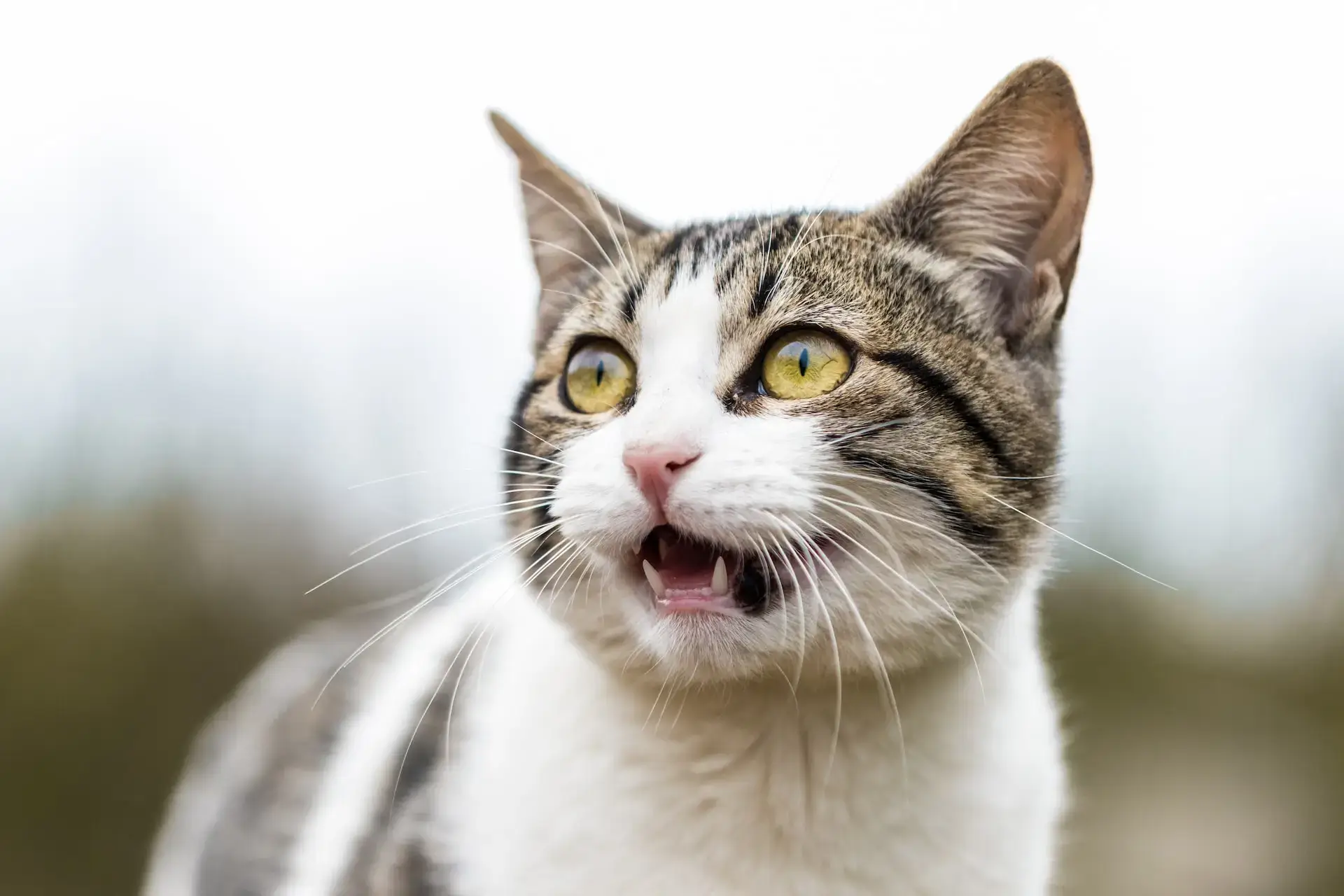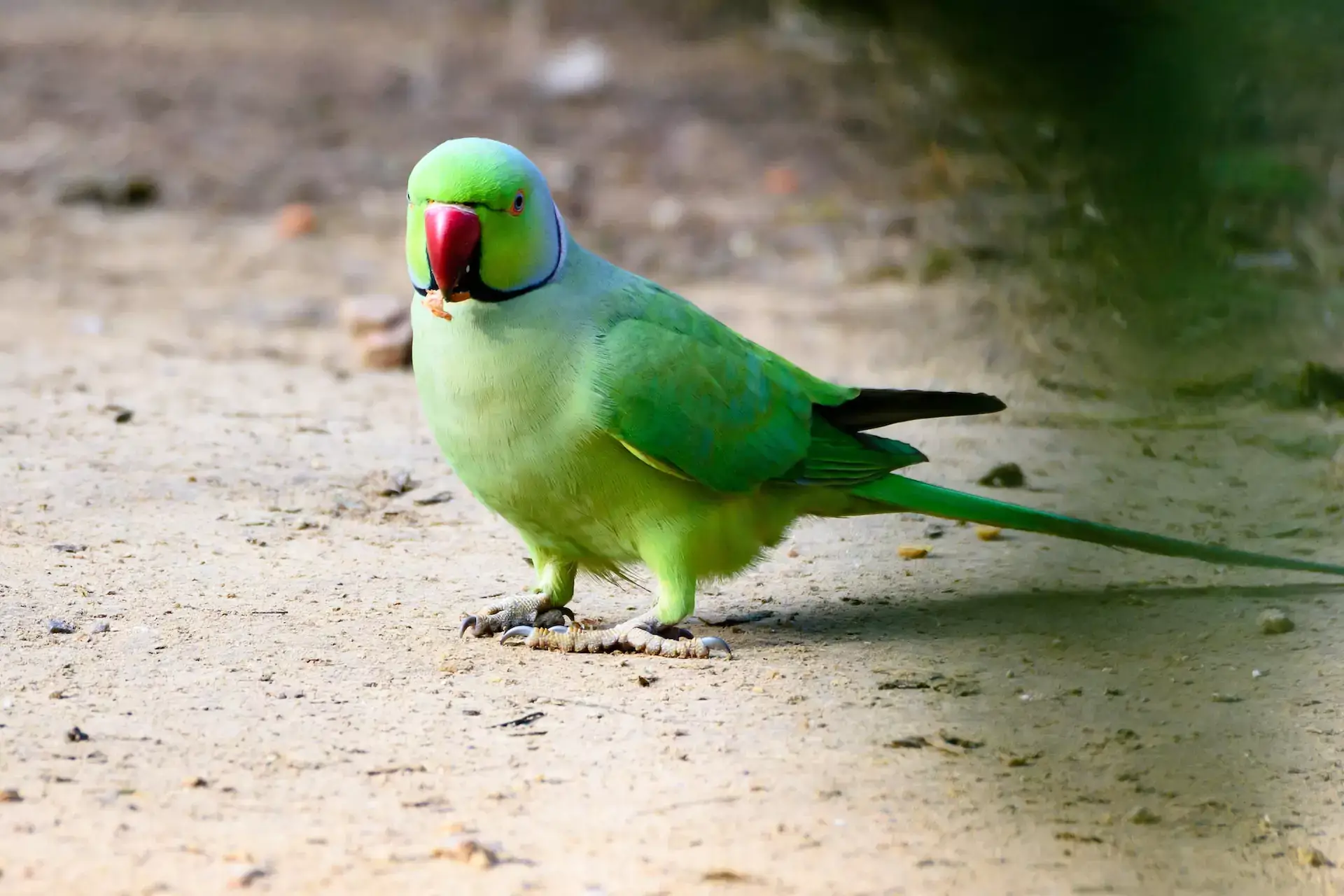Why You Should Never Feed Your Pet Grapes or Raisins
Have you ever considered sharing a grape or raisin with your dog or cat? It’s not a good idea. It turns out that grapes and raisins are toxic to our animal friends. These humble fruits can cause poisoning, and, in the most extreme cases, can even be fatal. Read on as your local veterinarian tells you more about grape and raisin poisoning in pets.
Why are grapes and raisins poisonous?
Believe it or not, no one knows exactly why grapes and raisins are toxic to pets. Some believe that a fungal byproduct called mycotoxin could be responsible. Others think that pesticides sprayed on the fruit could play a role. And some pets seem to be able to eat the fruit without suffering any ill effects, making matters even more confusing. But whatever the cause, it’s just not worth the risk to feed these fruits to your pet.
What are the symptoms of poisoning?
The initial symptoms of grape or raisin poisoning will usually appear within a few hours of ingestion by your pet. Clinical signs include lethargy, increased thirst, vomiting, and diarrhea. Without treatment, pets can get very sick, and can even go into renal failure, which is the medical term for kidney failure. In some cases, dogs have had kidney failure after eating a single grape! That’s why it’s so important to keep your veterinarian’s number on hand, and to call right away in the event of an emergency. Take your pet to the vet’s office as soon as possible if you know or suspect that they’ve ingested grapes or raisins.
What’s the treatment?
The goal of treatment is to flush the toxin from your pet’s system as quickly as possible. This might be achieved by induced vomiting. Or, activated charcoal might be given to absorb the remaining toxin in your pet’s stomach. Pets that have progressed to kidney failure might require intravenous fluid therapy or even blood transfusions in the most serious cases.
How do I prevent grape and raisin poisoning?
Clearly, it’s best to prevent grape or raisin poisoning ahead of time rather than dealing with it once it’s happened. Fortunately for you, that’s as easy as restricting your pet’s access to these foods at all times. Keep these fruits in the refrigerator, or in closed cabinets or containers, so that pets can’t reach. Also beware of foods that contain grapes or raisins, like desserts or salads.
Would you like more advice on safe and unsafe foods? Give your vet’s office a call today. We’re always happy to help.



